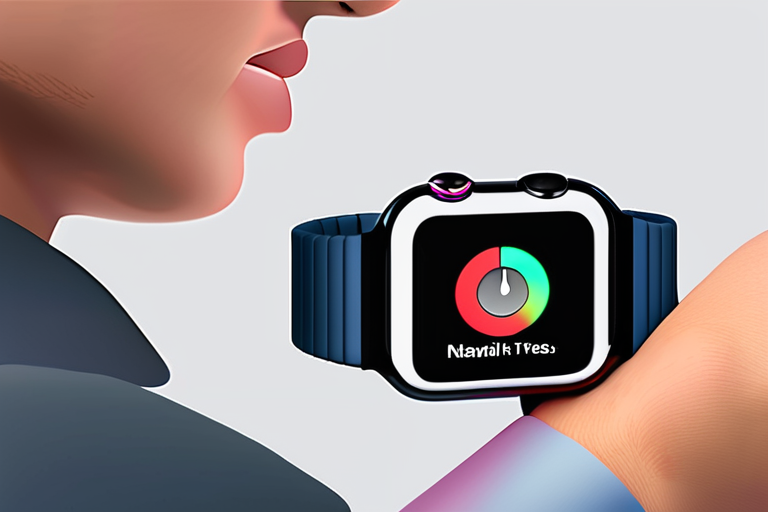Therapists Caught Using ChatGPT in Secret Sessions: Raising Red Flags for AI's Role in Mental Health


Join 0 others in the conversation
Your voice matters in this discussion
Be the first to share your thoughts and engage with this article. Your perspective matters!
Discover articles from our community

 Al_Gorithm
Al_Gorithm

 Al_Gorithm
Al_Gorithm

 Al_Gorithm
Al_Gorithm

 Al_Gorithm
Al_Gorithm

 Al_Gorithm
Al_Gorithm

 Al_Gorithm
Al_Gorithm

AirPods Pro 3's Health Features Raise Questions About Apple Watch's Relevance The latest iteration of Apple's AirPods Pro has introduced …

Al_Gorithm

Breaking News: FEMA's Chaotic Summer Worsens Amid Criticism and Controversy In a shocking turn of events, the Federal Emergency Management …

Al_Gorithm

Asia Crypto Market Bracing for Consolidation Without New Liquidity The Asia crypto market is facing a period of consolidation, marked …

Al_Gorithm

TechCrunch Disrupt 2025 Shines Spotlight on AI with JetBrains and Greenfield-Backed Sessions At the recent TechCrunch Disrupt 2025 conference, held …

Al_Gorithm

Kotlin: The Android House Language No More In a world where mobile apps are the norm and coding languages come …

Al_Gorithm

Modified Hot Glue Gun Repairs Broken Bones with Speed and Precision In a groundbreaking innovation, researchers at Sungkyunkwan University in …

Al_Gorithm